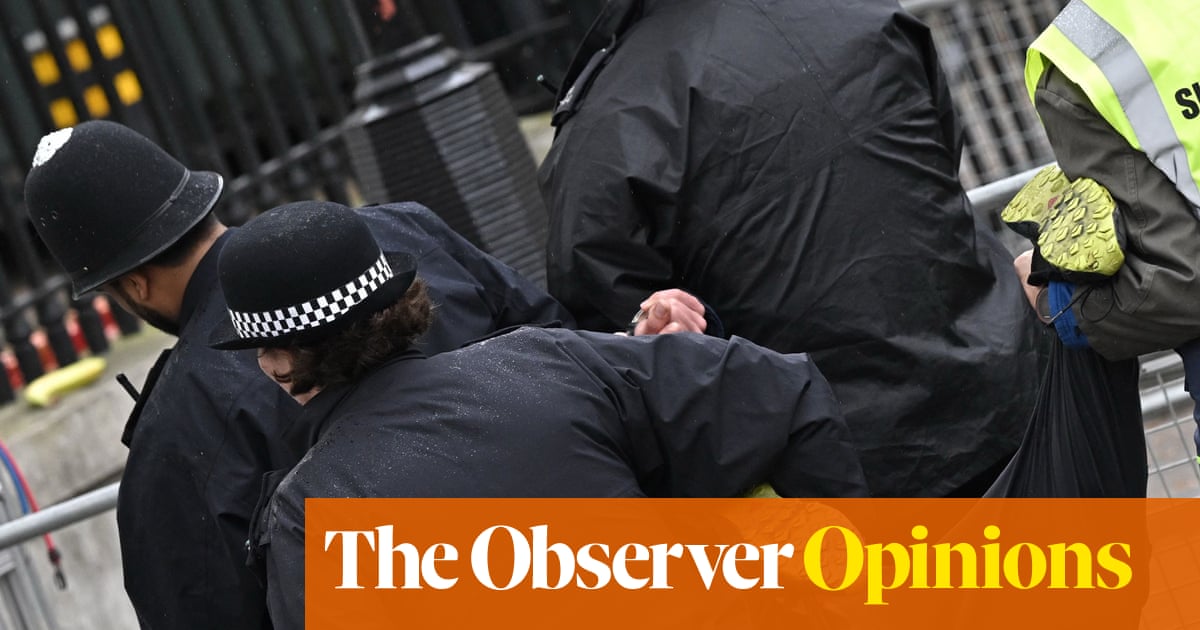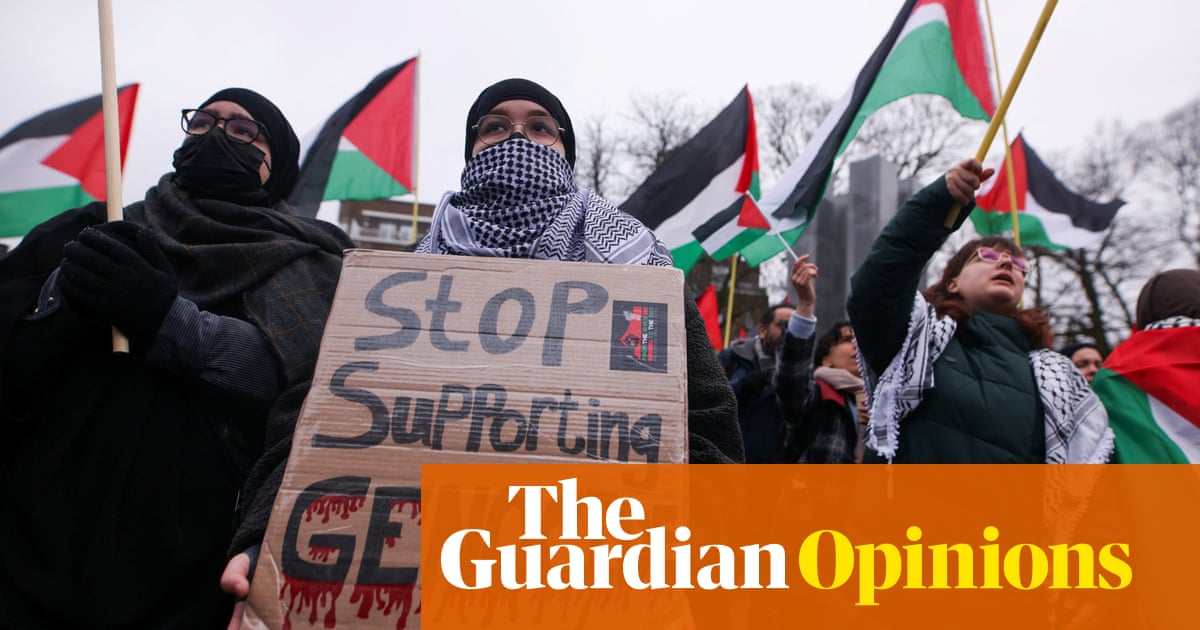
Like many people, I’ve been thinking about the women in Texas, a US state that is now in the business of forced births. When you consider how pregnancy is dated from the first day of a woman’s last period, its newly imposed six-week limit on abortion essentially amounts to a ban, leaving such a tiny window for a woman to arrange a termination. As well as being horrified by this cynical assault on human rights, I find myself once again counting my lucky stars that I live in England, a country that – unlike many others, including Northern Ireland, where women are still being forced to travel due to a postcode lottery – has access to safe, legal abortion free of charge.
For as long as the assault on women’s reproductive rights continues around the world, it feels taboo to talk about abortion in any other way. It is a privilege to be able to make an appointment, take the pills (if it is early enough), and get on with our lives. But what has become difficult to acknowledge is that for some women, even a legal, safe abortion can be a traumatic experience. This is a story that we have surrendered to the right, when it is an experience that deserves to be heard and could even serve to strengthen the case for better access.
An intensely traumatic abortion is the theme of Larger Than an Orange by Lucy Burns. This is not a story about a woman who has an abortion and feels nothing but relief, then moves on, hardly giving it a second thought. It is the diary of an abortion and its aftermath, which sees the narrator alone in her grief and her pain, telling people about it compulsively and scrolling through anti-abortion memes on the internet. It somehow manages to both truthfully convey the trauma of one woman’s abortion while also being resolutely pro-choice. It’s quite a balance, in these polarised times.
In conveying the gulf between politics and personal experience, Larger Than an Orange provides us with vital nuance, and articulates emotions that feel unspoken, even to women. “So many of my women friends have said, ‘I knew this to be true, it had to be true, but I have never heard anyone say it before.’ Which is mad,” Burns tell me of their reaction to the book. (As for her male friends, many of them had no idea what abortion even involved.) Like Burns, I believe that what lies behind this silence is fear.
“We are fortunate enough to be able to have safe legal abortions in England. So people don’t want to talk about all the bad sides, because they’re worried that, when access feels so precarious, it will just be taken away from them.”
I wonder if they also worry that too much candour might frighten other women, particularly younger ones. In the film Saint Frances, a woman has an abortion and bleeds for almost all the rest of the film, and for much of it refuses to admit – much to the frustration of the man she slept with – that she has any feelings about it at all. It feels radical, and new, and belongs in a similar space to Larger Than an Orange: a space of complex feelings and grey areas, coexisting with a powerful message about the importance of safe and legal abortion. A space that, though Saint Frances is an American film, I’m unsure the US is fully ready for, being as it is still bogged down in emotive, religious arguments about when life begins. (It is notable that Burns’s book has not yet found a US publisher.)
Still, the situation in the UK is far from ideal. As Burns conveys, access to abortion comes with caveats. It is only legal insofar as it constitutes, in certain circumstances, an exception to the Offences Against the Person Act 1861. It has to be signed off by two doctors, who verify that carrying a pregnancy to term would be a risk to the physical or mental health of the mother. There’s a scene in the book where Burns sits with the nurse at an impasse. She knows that the nurse wants her to state something in a certain way in order for the abortion to be permitted, but she is unsure how to phrase the words.
“I thought you just went to the clinic and said, ‘Hello, I’m pregnant, I don’t want to be pregnant.’ And it was clear that it wasn’t like that,” says Burns. “Those conditions kind of confirmed the trauma of it … I’m sure some other people have had the same experience, where you feel as though you’re being forced to say, ‘I think if I’m not able to have an abortion, the impact on my mental health will be so extreme that I’m at risk of hurting myself.’ That’s an extraordinary thing to have to admit to yourself.”
I find myself wondering if the legal need to prove the trauma of an unterminated pregnancy for some women precludes them from discussing the equally valid trauma of the abortion itself. Instead, there is a culture of silence around the potential mental health impact. The right shouldn’t own uncomfortable feelings about abortion and, particularly in Britain, talking about them could help lay a path to an improved legal situation.
Accepting that abortion will be traumatising for some women adds force to the argument that no one should have to jump through hoops or stick to a legally mandated script in order to access it. To have to subject your feelings about an unwanted pregnancy to a box-ticking exercise is not a sign of a humane, holistic system.
The importance of Burns’s work lies in its permission-giving. Women who find their abortions traumatic shouldn’t feel as alone in their pain as she did, and their reaction is part of a range of experiences that deserve to be heard. Listening should in no way undermine the case for legal abortion, but I can understand that American women might be reluctant to have this conversation, standing as they are at a precipice where their rights are crumbling before their eyes.
In 2015, the writer Monica Heisey wrote of her frustration at the lack of nuance about abortion, how women made soft, sympathetic eyes at her, when her decision to end a pregnancy had been far from the most difficult decision in her life. As Heisey wrote then, there are as many reasons for abortion as there are women who have them, and that “denying the range of women’s experiences of abortion keeps the topic a taboo in reality and a vibrant topic of debate in the abstract. It is easier to give away the reproductive rights of an abstract idea.” Instead of forcing women into polarised positions, we need to acknowledge the full spectrum of emotions, including those of women such as Burns, who defines it as the worst experience of her life. I think we are ready for that conversation, challenging though it is.
Rhiannon Lucy Cosslett is a Guardian columnist and author












